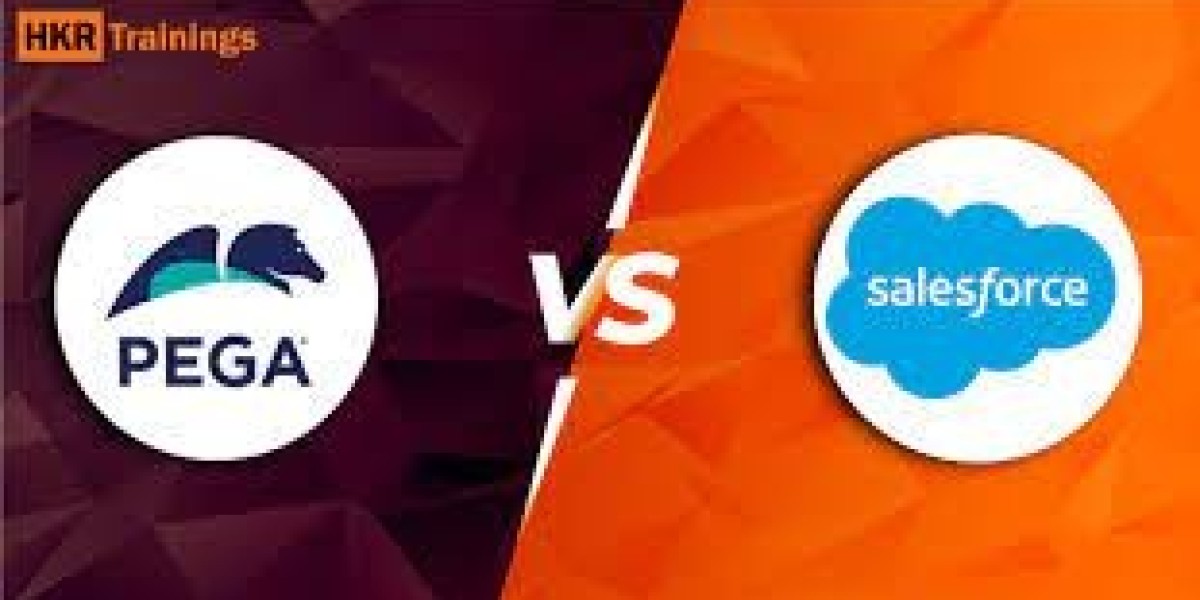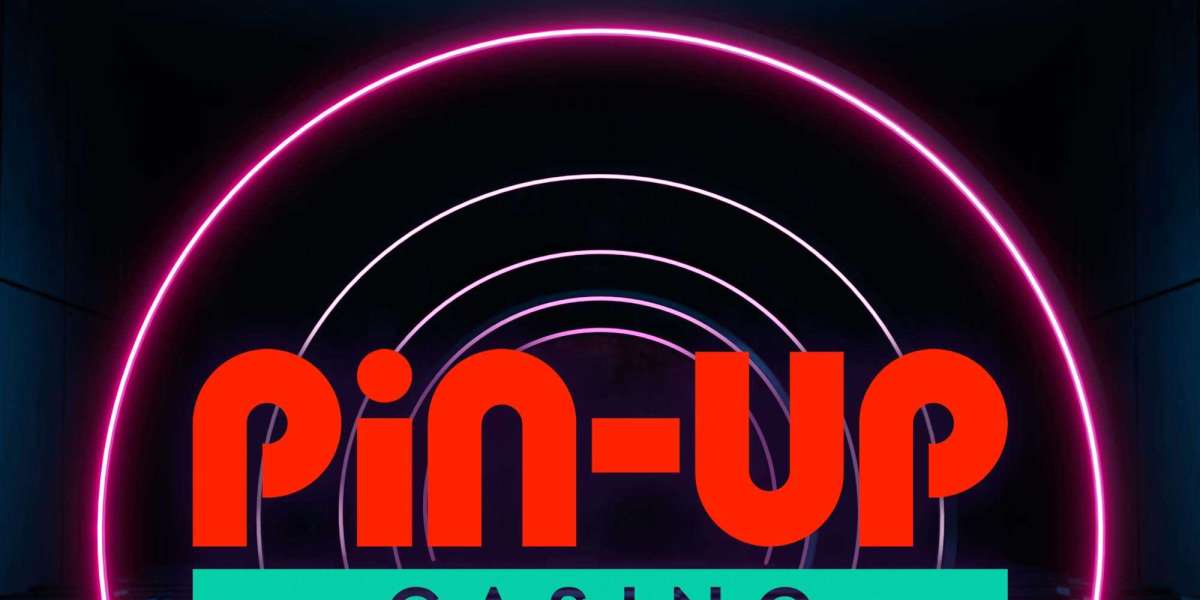When it comes to enterprise software, Pega and Salesforce are two of the biggest names in the market. Both companies offer powerful platforms that can transform how businesses operate and interact with their customers. However, deciding between these two solutions can be a challenge for organizations looking to invest in a new system.
In this article, we will compare Pega vs Salesforce across several key areas such as functionality, customization, pricing, and user experience. By examining the pros and cons of each platform, we hope to provide readers with valuable insights that can help them make an informed decision on which solution is best suited for their business needs.
Pega and Salesforce are two popular customer relationship management (CRM) software platforms used by businesses to manage their sales, marketing, and customer service operations. While they both serve similar purposes, there are some key differences between Pega and Salesforce.
Platform and Architecture:
Pega: Pega is built on the Pega Platform, which is a unified platform for business process management and CRM. It provides a model-driven development approach and uses the PegaRULES Process Commander (PRPC) engine.
Salesforce: Salesforce is built on the Salesforce Platform, which is a cloud-based platform-as-a-service (PaaS). It offers a range of services and tools for CRM, including Sales Cloud, Service Cloud, Marketing Cloud, and more.
Customization and Flexibility:
Pega: Pega is known for its high level of customization and flexibility. It offers a visual development environment that allows business users to design and modify applications without writing code. Pega also provides extensive rule-based configurations and supports complex business processes.
Salesforce: Salesforce provides a wide range of customization options but is generally considered to be less flexible than Pega. Customizations in Salesforce are typically done through point-and-click configuration or by writing code using Salesforce's proprietary programming language, Apex.
Workflow and Business Process Management:
Pega: Pega excels in workflow and business process management capabilities. It allows users to design, automate, and optimize complex business processes with its built-in Business Process Management (BPM) engine. Pega's case management functionality is particularly well-regarded.
Salesforce: Salesforce also offers workflow and process automation capabilities through its Process Builder and Workflow Rules features. While it may not have the same depth of process management capabilities as Pega, Salesforce provides a robust framework for managing sales and service processes.
Artificial Intelligence and Decisioning:
Pega: Pega has a strong focus on artificial intelligence (AI) and decisioning capabilities. It incorporates AI and machine learning algorithms to enable predictive analytics, real-time decisioning, and intelligent automation. Pega's AI capabilities are integrated throughout its platform.
Salesforce: Salesforce has made significant investments in AI with its Einstein platform. Einstein offers pre-built AI models and capabilities that can be integrated into Salesforce applications, providing features like predictive lead scoring, chatbots, and sentiment analysis.
Market Presence and Ecosystem:
Pega: Pega is a well-established player in the CRM market, particularly in industries like financial services, insurance, and healthcare. It has a strong focus on enterprise customers and is known for its ability to handle complex business requirements.
Salesforce: Salesforce is the market leader in CRM and has a large and diverse customer base. It has a vast ecosystem of third-party applications and integrations available on its AppExchange marketplace. Salesforce is often associated with a broad range of industries and business sizes.
Want to Become a Master in Pega? Then visit here to Learn Pega Training
What do Salesforce and Pegasystems have in common and differences?
Features:
Pega: Pega offers a comprehensive set of features, including case management, business process management, rules engine, AI and decisioning capabilities, predictive analytics, omni-channel customer service, and more. It focuses on providing end-to-end solutions for enterprise-level CRM needs.
Salesforce: Salesforce provides a wide range of features through its various clouds, including Sales Cloud, Service Cloud, Marketing Cloud, and Commerce Cloud. It offers functionalities such as lead management, opportunity tracking, customer support, marketing automation, analytics, and more. Salesforce also has a vast marketplace of third-party apps and integrations through its AppExchange.
Customization:
Pega: Pega is highly customizable and offers a visual development environment that allows business users to design and modify applications without coding. It provides extensive rule-based configurations and supports complex business processes.
Salesforce: Salesforce offers customization options through point-and-click configuration using its declarative tools like Process Builder and Lightning App Builder. For more advanced customization, Salesforce uses its proprietary programming language, Apex.
Integrations:
Pega: Pega offers a wide range of integration capabilities through its Pega Platform. It supports integrations with various systems, databases, and APIs. Pega also provides pre-built connectors for popular enterprise systems and services.
Salesforce: Salesforce has a robust ecosystem of integrations and offers seamless integration options with third-party applications and services. It provides APIs, connectors, and tools for integrating with external systems, allowing for data synchronization and automation.
Want to know more about Pega,visit here Pega Tutorial !
Pricing:
Pega: Pega follows a pricing model based on individual negotiations with customers. The cost can vary depending on the scale and complexity of the deployment, as well as the specific requirements of the organization.
Salesforce: Salesforce offers different pricing tiers based on the specific products and features required. The pricing is typically subscription-based and can vary depending on the number of users and the chosen editions (e.g., Professional, Enterprise, or Unlimited). Additional costs may apply for add-ons and integrations.
User Experience:
Pega: Pega aims to provide a user-friendly experience with its low-code visual development environment. It emphasizes on business users being able to design and modify applications easily. The user experience can vary depending on the specific implementation and customization.
Salesforce: Salesforce puts a strong emphasis on providing a user-friendly interface and experience. It has a modern and intuitive UI, with features like Lightning Experience that offer a responsive and customizable interface. Salesforce also focuses on mobile accessibility with its Salesforce mobile app. However, the user experience may still depend on the complexity and customization level of the implementation.
Top 40 frequently asked Pega Interview Questions !
Conclusion
In conclusion, both Pega and Salesforce offer a range of benefits to businesses looking to streamline their operations and improve customer experience. While Pega has a more comprehensive suite of tools for process automation and decision-making, Salesforce excels in CRM functionality and scalability. Ultimately, the choice between these two platforms will depend on your business needs, budget, and goals. We recommend carefully evaluating each platform's strengths and limitations before making a decision. Regardless of which platform you choose, investing in a robust solution like Pega or Salesforce can help drive growth and success for your business.
If you want to know the comparison between Pega and Salesforce visit this blog Pega vs Salesforce!



